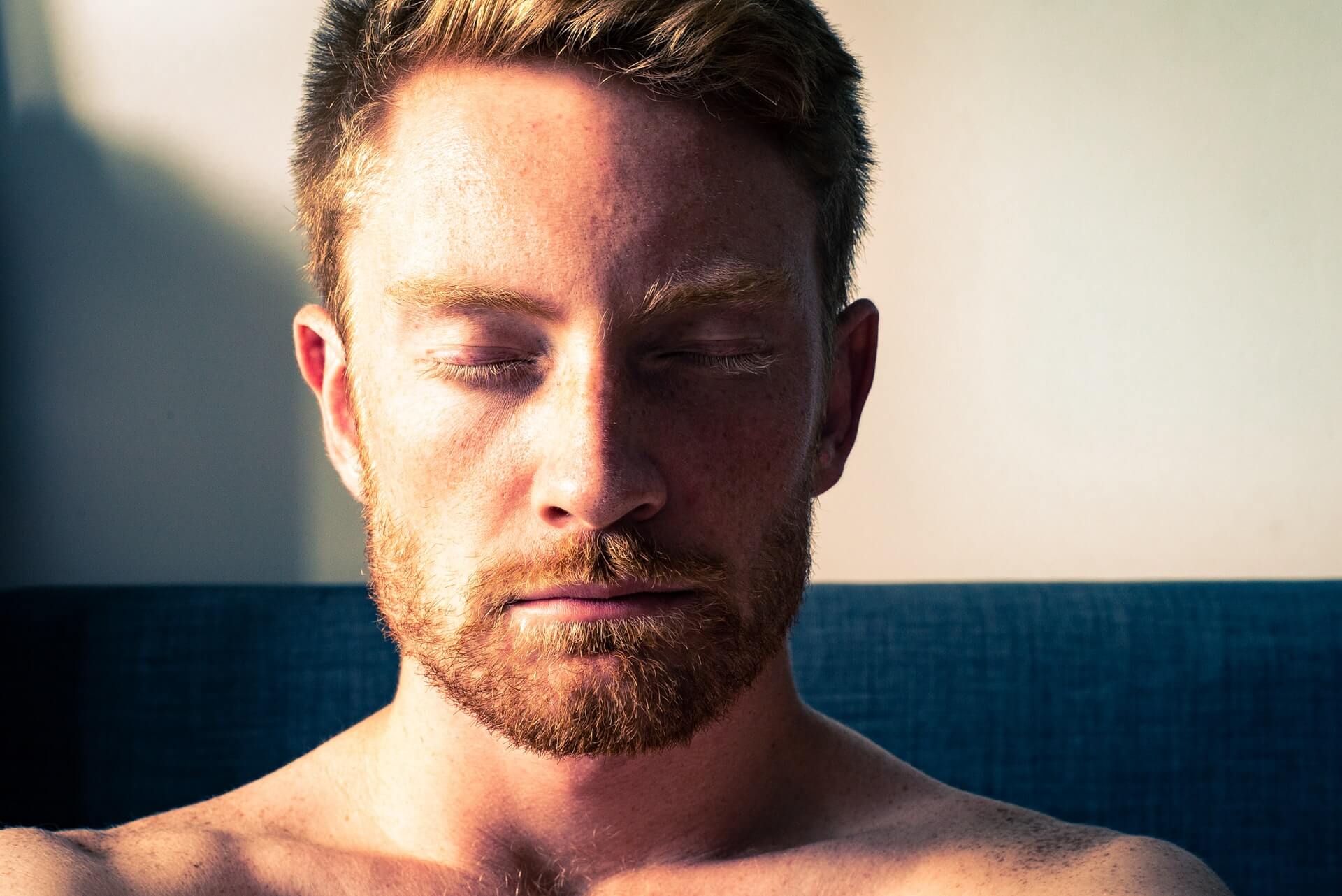
Exploring & Understanding the Psychology of OCD
Imagine this: your daily thoughts and actions become immersed in uninvited scenarios that build psychological distress to the point that an outlet must be created, like the film Groundhog Day repeating the same narratives about a certain stressor day in and day out. The reason we refer to the film is that in that story, the protagonist is living the same day over, and over, and over, with very little variation. For someone with an obsessive compulsive disorder, their days may be shaped similarly: their daily actions and activities revolve around a particular cycle of consistent, intrusive thoughts.
The consistent intrusive thoughts are called obsessions. The action taken to address those obsessions are compulsions. Obsessions and their resulting compulsions can get severe, interrupting someone’s day-to-day in such a way to impact their way of life. In these recurring distorted thought patterns and actions, the mind plays tricks, telling false stories that things are amiss when they really may not be.
What’s unfortunate is that the above description is not well portrayed in the media, wherein “OCD” is used, often dismissively, to describe someone who cleans a lot, is anxious about germs, or otherwise hyper-focused on certain activities.
What is the real psychology of OCD that affects people? What are some OCD symptoms?
Here we will answer all these questions and explore the psychology of compulsions and obsessions to understand what is causing OCD. We will also look at some counseling techniques and treatments to help you and/or your loved ones manage this condition, reframe their thought patterns and behaviors, and find a more balanced, clearer way of thinking.
What Is OCD?
Obsessive-compulsive disorder (OCD) is a mental health disorder characterized by a consistent cycle of obsessions and compulsions. It can affect people at every age and make day-to-day life difficult.
The Diagnostic and Statistical Manual of Mental Disorders (DSM) formerly considered OCD an anxiety disorder. But in the more recent developments drawn from the DSM, the condition was re-categorized into its own area of “Obsessive-Compulsive and Related Disorders.”
But not every little obsessive thought or compulsive behavior means you have OCD. Just because your friends consider you a “neat freak” or you’re hyper-organized doesn’t mean you have this condition. To understand the psychology of OCD, it’s important to understand the triggers, the symptoms, how often they occur, and consider seeking guidance from a therapist to help you learn (or unlearn) certain patterns and behaviors.
What Are Some OCD Symptoms?
OCD symptoms develop gradually over time.
Obsessive and compulsive behaviors are what you need to keep an eye on. Although, most people do not even know the accurate meaning of these terms. To truly explore the psychology of OCD and learn to spot the symptoms, we need to dive into the psychology behind compulsions and obsessions.
Obsessions
Obsessions are unwanted and recurrent thoughts, urges, and images that can trigger anxious thoughts and stress.
These intrusive thoughts are a crucial aspect of the psychology of OCD because people do often realize they are intrusive; this can then spiral to frustration and the anxiety mentioned above. Some clients will recognize the intrusive thoughts or scenarios in their head aren’t true, but they still cannot get rid of them. They are usually around specific themes. Typical symptoms of obsession include:
- Hostile thoughts toward others or yourself
- Extreme need for symmetry and order
- Fear of germs and contamination
- Disturbing thoughts about taboo subjects
Most people who experience these obsessions often resort to compulsions to find relief from their distress.
Compulsions
Compulsions are the other integral part of the psychology of OCD. Compulsions are behaviors in response to obsessions. They can be repetitive visible actions that people do or mental acts that they have internalized.
The psychology of compulsions lies in their ability to reduce the distress caused by obsessions or prevent them altogether. As mentioned above, similar to realizing that intrusive and obsessive thoughts may not be logical, most people recognize that these actions are unreasonable, but they feel compelled to do them. Sometimes people with severe cases of OCD can spend an entire day carrying out these behaviors.
Some common compulsions are:
- Repeatedly checking things like locks and switches
- Repeating certain activities over and over
- Excessive cleaning rituals like washing hands and brushing teeth
- Arranging things in a specific symmetrical fashion
- Counting repeatedly to a particular number
Causes of OCD
Therapists do not yet know the exact causes of this mental disorder. Although, the psychology of OCD points to several factors that can be the reason.
- Genetics: Scientists have not found a specific gene responsible for OCD, but more and more conditions are proving to be caused by particular genes. Plus, studies show that if an immediate family member has OCD, there is a 25% chance someone related to them may also have symptoms.
- Biology: Research is continuing to explore the biological basis of OCD in the brain, namely in the issues that result between the circuitry communicating between the frontal parts of the brain (frontal cortex area) and deeper areas. This is why treatment for this condition is so critical, and often includes a dual approach with both a psychiatrist and a cognitive behavioral therapist (more on this below).
- Other: Critical instances like stressful situations, relationship problems, disturbing assumptions, and early life experiences can make you prone to OCD and potentially plant seeds for it becoming more serious later on.
Treatment

Treatments addressing the psychology of your OCD will vary for every client, depending on the psychology behind compulsions and obsessions, and what your OCD symptoms are. It usually includes working with a psychiatrist on an ongoing medication and treatment plan, in conjunction with developing a long-term treatment plan with a therapist specializing in cognitive behavioral therapy (CBT).
Medical Treatment
There are different medications available that can lessen the severity of some of your OCD symptoms. First-line solutions in the psychiatric treatment of OCD are selective serotonin reuptake inhibitors (SSRI). Consult with your primary care physician for a referral to a psychiatrist if you are interested in learning more about these options for you or someone you love.
Psychological Treatment
Psychotherapy can be a highly effective treatment for people with OCD. The two main types of therapies that target the psychology of OCD include cognitive-behavioral therapy (CBT) and exposure and response prevention (ERP) therapy.
Psychotherapists utilizing CBT have a structured approach to treating OCD. They begin the process by getting to know you and understanding you as an individual: your goals, your lifestyle, and beyond. They will then set a realistic goal so you can focus your efforts on achieving those goals through ongoing treatment with CBT and other modalities. They encourage you to resist your urges and give you the chance to face your fears. By monitoring your behavior, they help you overcome the root triggers of obsessions and compulsions by reframing the thought patterns and/or behaviors that exacerbate them.
Take a Step Toward Treating Your OCD
You do not have to struggle with OCD alone. Now that you know what some symptoms of OCD are, you can reach out for help. That is always the first step toward feeling clarity! Miami Hypnosis and Therapy is ready to help you navigate this journey. Take the first step today and reach out to us.







Write a Comment